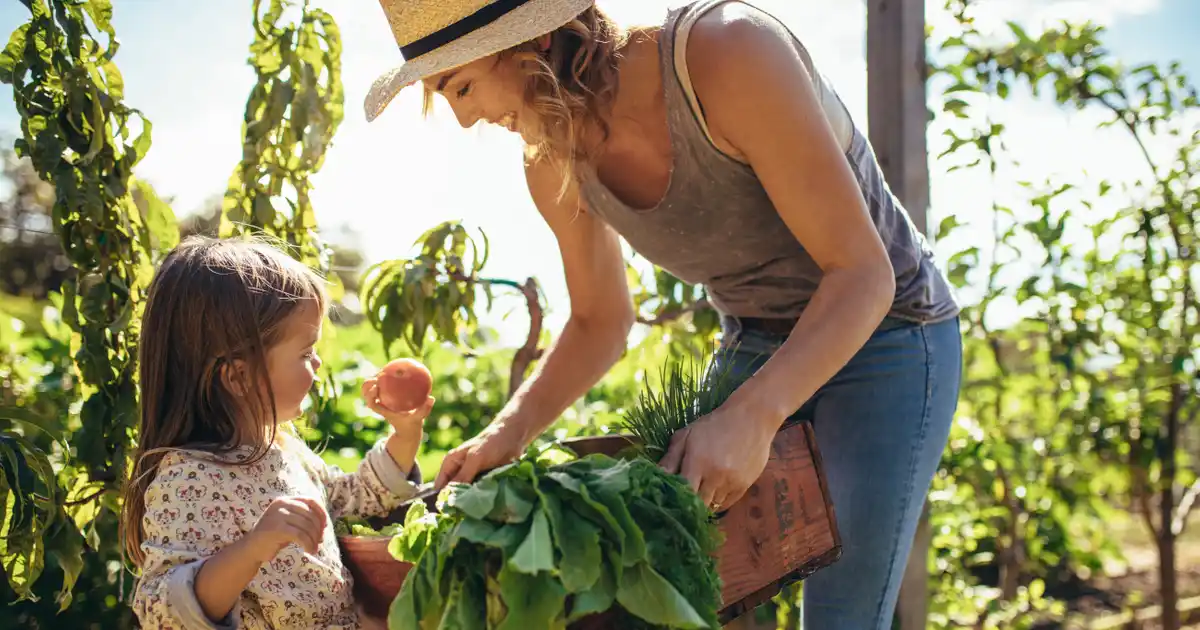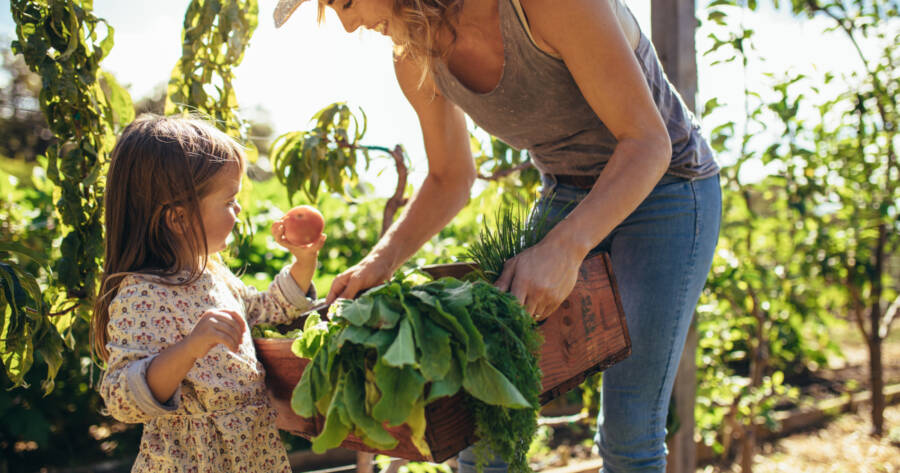Are you yearning to make a difference in the world through sustainable agriculture? Good news: becoming an eco-farmer is more accessible than ever before, thanks to a variety of free online resources designed to teach you everything you need to know. Whether you’re a complete novice or have some farming experience under your belt, you can find a sustainable farming course – and cultivate a greener future for all of us – with an online search right now.
What Is Sustainable Farming?
Sustainable farming is an approach that aims to meet current food and fiber needs without compromising future generations. It focuses on ethical treatment of animals, soil conservation, and reduced use of chemical inputs. Not only does it benefit the environment, but it also promotes healthier food options.
Moreover, sustainable farming plays a role in social equity and economic viability. Local communities thrive when farmers practice sustainable methods, as these often create jobs and encourage local investment.
These practices can also be more cost-effective in the long run, reducing the need for synthetic fertilizers and pesticides. Sustainability is a complex issue, so taking a sustainable farming course can offer valuable insights into multiple aspects of farming and community life.
Where to Find Free Sustainable Farming Courses
Coursera
Coursera partners with universities to offer free courses in various subjects. Search for “sustainable farming” to find courses tailored to different skill levels. These courses often include video lectures, quizzes, and peer-reviewed assignments. Certificates of completion are available, although there might be a small fee for this.
edX
Like Coursera, edX offers free courses from prestigious educational institutions. You can easily find courses by using keywords like “sustainable farming” or “organic agriculture”. The content usually ranges from introductory to advanced topics. Certificates are also available for a nominal fee.
OpenLearn
OpenLearn is an educational platform offering free courses from The Open University. They provide a course called “Environment: Journeys through a Changing World” that touches on sustainable farming. The course involves interactive quizzes and reading materials. Plus, you get a statement of participation after completing the course.
YouTube Channels
Believe it or not, YouTube is a treasure trove of educational content. Channels like Permaculture Design offer free tutorials. These videos cover everything from soil health to livestock care. They are perfect for visual learners who prefer bite-sized lessons.
Things to Consider Before Enrolling
- Level of commitment: Some courses require a substantial time commitment. Make sure you can dedicate enough time to fully engage with the material.
- Certification: While many courses are free, certificates often come with a fee. Decide if you want official recognition of your completion or if the knowledge alone suffices.
- Course reviews: Always read reviews before enrolling in a course. This will give you a sense of the course’s quality and suitability for your needs.
- Tech requirements: Most online courses require a reliable internet connection and a device for streaming video content. Make sure your tech setup meets the course requirements.
Benefits of Taking a Sustainable Farming Course
Networking and Community Building
One often overlooked benefit of taking an online sustainable farming course is the networking opportunity it offers. Many courses have discussion boards or social media groups where you can interact with like-minded individuals.
Here, you can share your challenges, triumphs, and even resources like seed banks or farming equipment. Building a community around your learning journey can offer you invaluable support and might lead to collaborative projects down the line.
Skills Beyond Farming
While the primary focus is on agriculture, a sustainable farming course often delves into other essential skills like business management and marketing. Understanding how to run a farm as a sustainable business can be as crucial as knowing how to plant crops or care for animals.
You’ll learn how to create a business plan, manage your finances, and even how to market your produce effectively. This holistic approach ensures that you’re well-equipped to make your eco-farming venture a success.
Online Communities and Forums
If you prefer a more interactive learning environment, online communities and forums can be incredibly beneficial. Websites like Reddit and FarmingForum have dedicated spaces for sustainable farming discussions.
Here you can ask questions, share experiences, and get advice from seasoned farmers. Take your curiosity online to seek out these active and supportive communities.
E-books and PDFs for In-Depth Learning
For those who love to read, numerous e-books and PDFs are available for free download. Websites like OpenStax offer comprehensive guides on sustainable farming practices.
These digital books often go more in-depth than online courses or videos. Continue your research online to unearth free e-books that can make you a pro in sustainable farming.
Government and Non-Profit Resources
Many governments and non-profit organizations offer free online resources, including courses, handbooks, and guidelines. The USDA, for example, has a plethora of free materials available for anyone interested in sustainable agriculture.
NGOs like Food and Agriculture Organization (FAO) also provide free courses and publications. With a quick search online, you’ll discover a multitude of free resources to expand your knowledge.
Find a Sustainable Farming Course Today
Becoming an eco-farmer doesn’t have to be expensive. With the variety of free resources available online, anyone can start learning about sustainable farming. Take some time to search the internet, and you’ll find a wealth of agricultural knowledge.
From formal courses to interactive forums and e-books, there are plenty of avenues to explore. So what are you waiting for? Dive into the exciting world of sustainable agriculture today, and contribute to a healthier, greener future for all.
 Shutterstock: Jacob Lund
Shutterstock: Jacob Lund